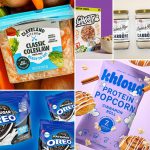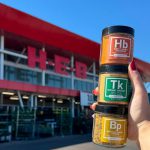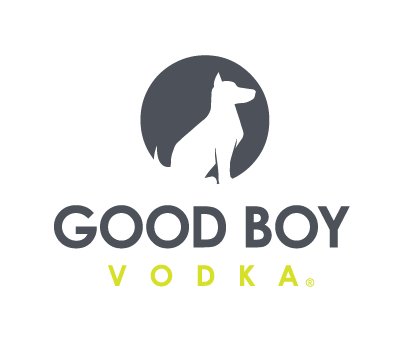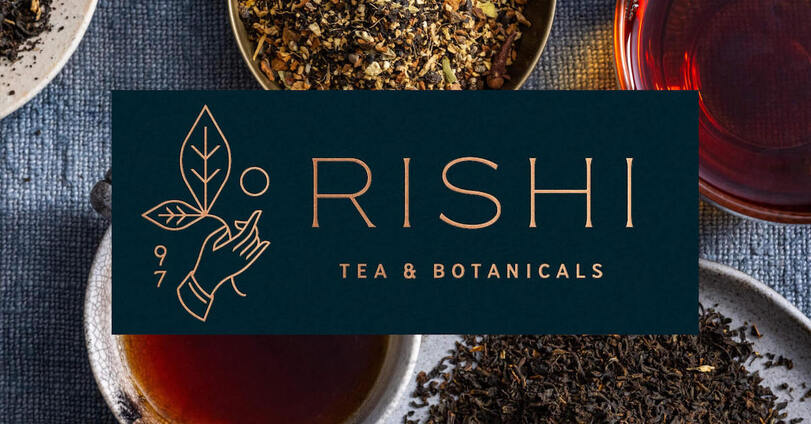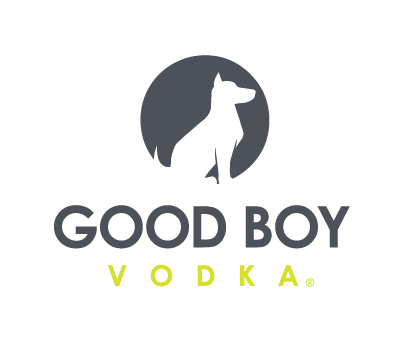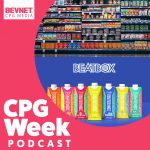Better-For-You Noodle Maker Goodles Looks to Age Up Mac and Cheese
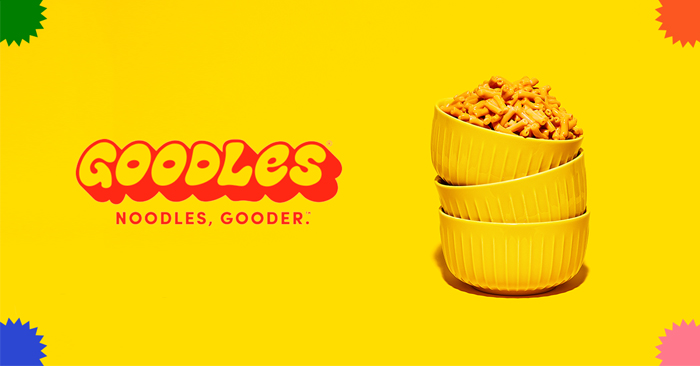
While macaroni and cheese masters Kraft and Annie’s typically market their products to kids and parents, Goodles is aiming to help the pantry staple grow up. Launching today, the new better-for-you mac and cheese brand is offering a protein-packed and adult-friendly take on the classic meal, in part by tapping former talent from the category’s leading players.
Goodles’ parent company, Santa Cruz, California-based Gooder Foods, was founded by a group boasting plenty of CPG experience, including former Cerebelly CEO Jen Zeszut (CEO), Annie’s co-founder and former president Deb Luster (Chief Impact Officer), former Kraft executive Paul Earle (board director) and actress and philanthropist Gal Gadot. Supported by $6.4 million in funding from investors including Springdale Ventures, Willow Growth Partners, Third Craft, Gingerbread Capital and Purple Arch Venture — along with angel investors such as Twitter co-founder Biz Stone and unnamed investors spanning from Hollywood actors to NBA champions and Olympians — the company has ambitions to reinvent the $4.4 billion category.
“We looked at this category, and there are two choices,” Zeszut said. “There’s healthy stuff that tastes awful. I’m just gonna say it. And then there’s the delicious, amazing, yummy ones that are very lacking in anything nutritious. And we just asked the question, ‘wait, why not? Why can’t we do both these things?’”
Further research by the team helped solidify a point of differentiation: a survey of hundreds of young adults found that 85% are regularly eating mac and cheese. With those findings, Zeszut said a “lightbulb went off.” While leading mac and cheese brands Annie’s and Kraft market largely to children as eaters and parents as shoppers, she said, Goodles could offer “people of all ages permission to love mac and cheese again.”
The product is available in four flavors: Mover & Shaker (cacio e pepe-inspired), Twist My Parm (asiago and parmesan with spirals), Cheddy Mac (creamy cheddar and macaroni) and Shella Good (aged white cheddar and shells), sold exclusively on the brand’s website for $20 per 4-pack, $51 per 12-pack and $84 per 24-pack. The products are prepared like a typical boxed macaroni and cheese, with a cheese powder in a separate packet.
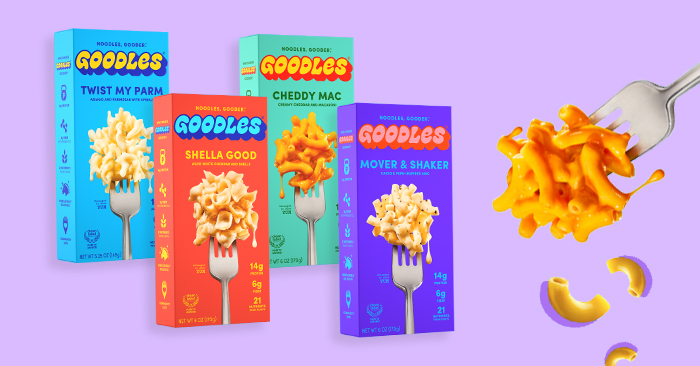
Creating a good-tasting better-for-you mac and cheese product was easier said than done, according to Zeszut. After spending over a year developing a prototype, the team landed on a proprietary noodle formulation which uses a wheat and chickpea base (containing 15 grams of protein per cup and six grams of fiber) and also includes vegetables like kale, spinach and maitake mushrooms, plus prebiotic flour and real powdered cheese. The brand is the first mac and cheese maker to receive the Clean Label Purity Award, Zeszut noted.
While the products are currently sold exclusively direct-to-consumer, Zeszut said she ultimately sees Goodles as an omnichannel brand. The ecommerce site will enable it to get consumer feedback and purchasing data before bringing the product to retail, she said, while also allowing it to do exclusive product drops online. When a wider retail launch comes, Zeszut said the company will be in a “good position to scale very quickly.”
“We’re skipping the small little manufacturing phase where you have to eventually scale up,” she said. “We just knew that this was going to be big out of the gate.”
With bright branding and playful product names, Earle said Goodles’ packaging aims to create a “very engaging, immersive experience” that it hopes will rejuvenate the noodle aisle. Exposure to Gal Gadot’s 67 million Instagram followers will also bring in new customers.
“I think there is a brand opportunity in this space,” he said. “We’re trying to change the conversation in mac and cheese with a brand that exudes joy and warmth and fun. It’s not just a trademark and design approach.”
In the better-for-you noodles and pasta space, the company will face competition from chickpea pasta maker Banza and vegan dairy brand Daiya, which both market their own lines of mac and cheese, along with major pasta players like Barilla that have entered the chickpea pasta space. Zeszut said the company has plant-based cheese varieties in the pipeline, and could eventually expand to other types of noodles, but will focus on its core four SKUs in the near future.
“We really wanted to signal to the world that mac and cheese is for all and this isn’t for small populations of uber healthy folks — we will backfill with those types of things after,” she said. “With some of the current leading brands selling millions of boxes per day, there is a huge market of people who love mac and cheese, but who are trying to eat better and eat healthier and get a better nutritional profile, and we wanted to deliver for them first.”
For Luster, Goodles is a “full circle” experience that brings her back to her roots in the mac and cheese business after advising many CPG companies over the years, where she’s been focused on brands that are “more than just a product, but really a purpose and a passion,” Luster said. According to the company, the larger purpose for Gooder Foods is to “inspire acts of goodness in the community,” committing to give 1% of all products sold to communities in need, starting with a partnership with World Central Kitchen.
“Our vision is ‘do gooder,’ and making noodles gooder is one piece of this,” Zeszut said. “We really do believe in this purpose and this mission that we can bring joy to the world and little tiny things can have giant impacts.”

